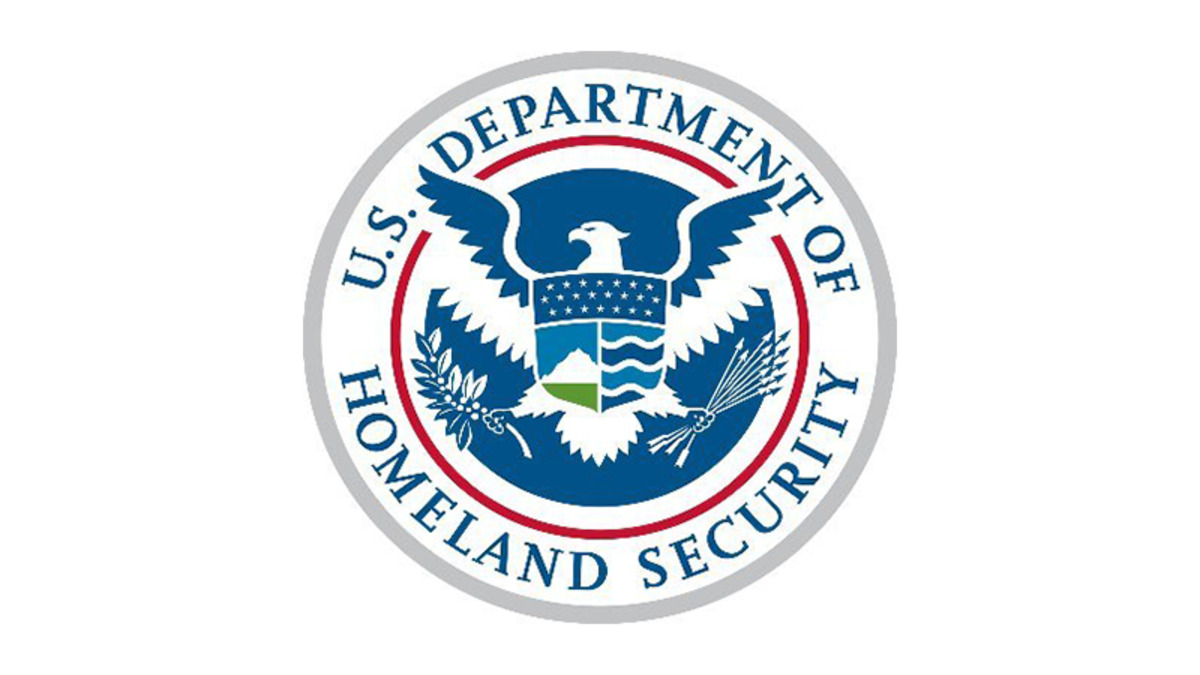The Trump administration has proposed new restrictions on the I visa category, which is issued to foreign journalists working in the United States. The plan seeks to replace the longstanding system that allowed media professionals to remain in the country for the duration of their employment abroad, a practice in place since 1985.
Under the proposed rule, foreign journalists would be granted an initial stay of 240 days, with extensions permitted only if immigration officials are satisfied that the journalist’s activities remain consistent with the terms of the visa.
Homeland Security Secretary Kristi Noem argued that the previous “duration of status” model weakened oversight, opened the door to abuse, and hindered the government’s ability to verify compliance. The Department of Homeland Security (DHS) said the change would bring I visas in line with fixed-term non-immigrant visas, offering “greater protections and oversight.”
Currently, I visas allow foreign media professionals to live and work in the US as long as they are employed by a recognized foreign media outlet. Chinese journalists already face stricter rules, with their stays capped at 90 days, renewable in 90-day increments.
The I visa is designated for journalists, documentary producers, and other foreign media representatives working on non-commercial projects for a foreign audience. Applicants must provide proof of employment with a foreign media organization and demonstrate that their work in the US is strictly informational and intended for overseas viewers or readers.
The proposed regulation also introduces fixed time limits for F visas (international students)—up to four years or until the end of their academic program, whichever is shorter—and for J visas (exchange visitors), typically capped at four years.
According to DHS, the rule would affect more than 1.6 million international students on F visas, 355,000 cultural exchange visitors, and about 13,000 media professionals who received visas in fiscal year 2024.
The proposal echoes a 2020 Trump-era measure, which was opposed by international education groups and later withdrawn by the Biden administration in 2021. Once published in the Federal Register, the current proposal will be open for 30 days of public comment before implementation.





